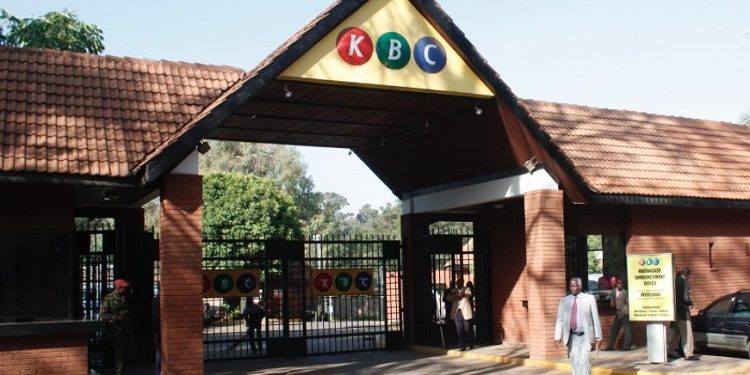Kenya Broadcasting Corporation (KBC) and the Postal Corporation of Kenya (Posta) are set to receive financial bailouts as part of a comprehensive turnaround plan. These strategic measures aim to revitalize the struggling state-owned enterprises, allowing them to regain their competitive edge and contribute to the country’s economic growth. With the support of government intervention, KBC and Posta are expected to undergo crucial reforms to address their operational and financial challenges.
Government bailouts serve as a safety net for businesses facing severe financial distress. By injecting capital into struggling industries or specific companies, governments aim to prevent widespread economic collapse and protect jobs. The COVID-19 pandemic has highlighted the importance of swift government intervention, as numerous sectors experienced drastic revenue declines and faced the risk of bankruptcy. Bailouts can help stabilize markets, restore confidence, and ensure the continuity of vital goods and services.
Read more: KBC, ICT Authority Ink Partnership Deal To Enhance Access To Digital Technology
Despite the intentions behind government bailouts, critics argue that they can distort market forces and create a moral hazard, where companies become less accountable for their actions. Bailouts are often seen as a means to reward poor management decisions or corporate misconduct. Additionally, there is the risk of taxpayer funds being misallocated or misused, further exacerbating public discontent. Striking the right balance between supporting businesses and holding them accountable is crucial to mitigate these concerns.
To address the challenges associated with bailouts, the government must establish clear conditions and accountability measures. Companies receiving financial assistance should be required to adopt sustainable and responsible practices, ensuring that the funds are used to stabilize operations and protect jobs. Transparency in the allocation and utilization of bailout funds is essential to maintain public trust. The government should also consider implementing mechanisms to recover public investments in the long run, such as equity stakes or repayment plans.
While government bailouts can provide immediate relief, they should be part of a broader strategy to build resilient economies. Investing in innovation, diversification, and retraining programs can help companies adapt to changing market conditions and reduce reliance on government assistance. By encouraging entrepreneurship and fostering a supportive business environment, governments can promote long-term economic growth and reduce the need for future bailouts.
Read more: State Corporations Yet to Repay Kshs 920 Billion Owed to The Government
Government bailouts for companies during crises remain a contentious topic. While they can be instrumental in stabilizing economies and preserving jobs, they also present challenges in terms of moral hazard and accountability. By implementing strict conditions, ensuring transparency, and focusing on long-term economic resilience, governments can strike a balance between supporting businesses and safeguarding public interests. Moving forward, proactive policies and strategic investments should be prioritized to reduce the need for bailouts and foster sustainable economic development.
Email your news TIPS to editor@thesharpdaily.com












